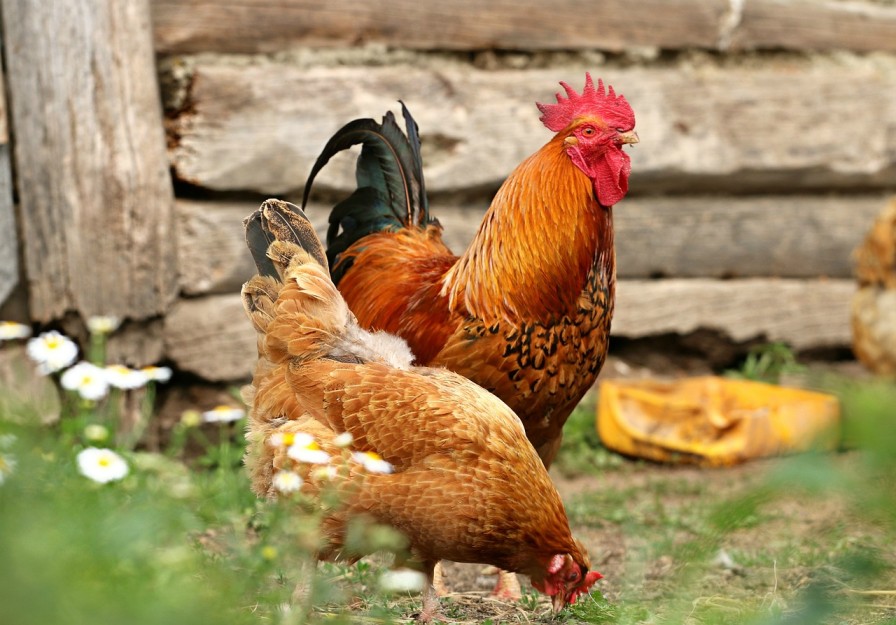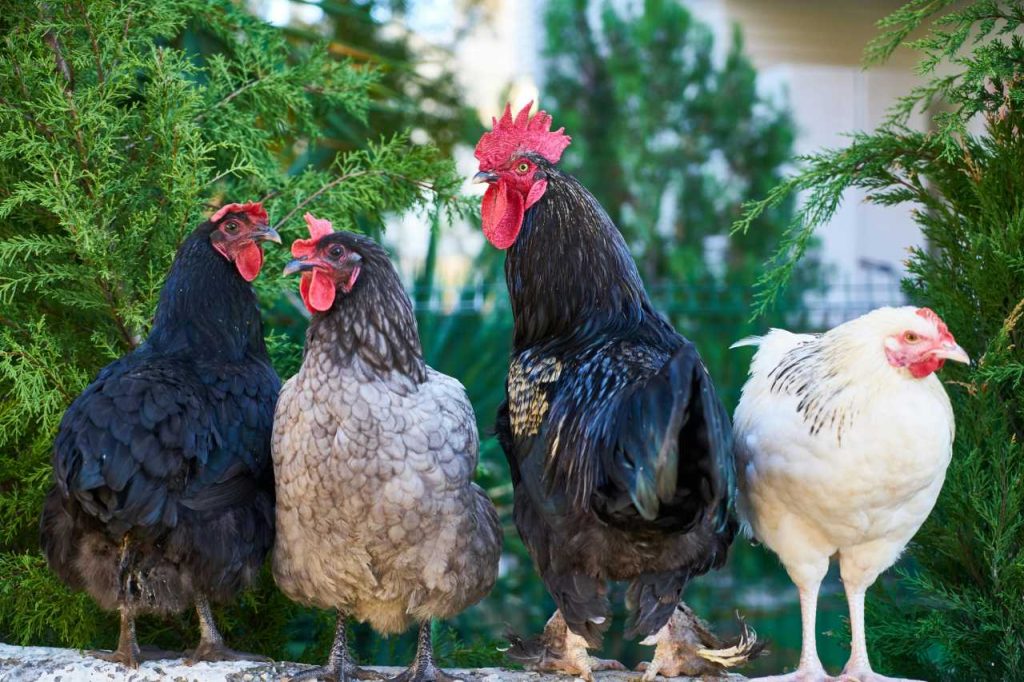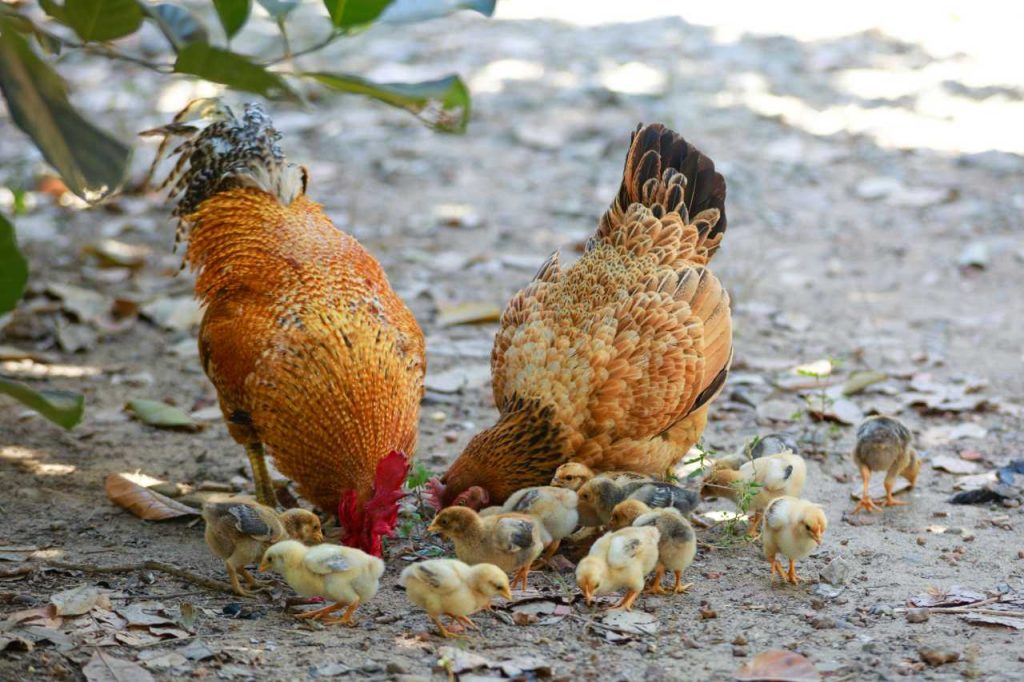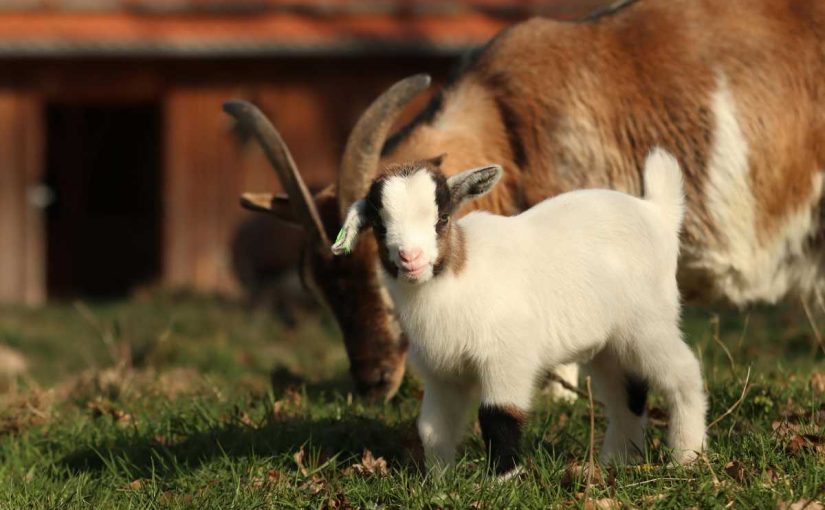Raising chickens has become increasingly popular, whether in rural areas or urban settings. Some people do it for a steady supply of fresh eggs, while others enjoy it as a hobby. Small farmers may even see it as an opportunity to earn extra income. Regardless of your reasons, raising chickens can be a fulfilling experience. However, before diving in and building your coop, you’ll need to navigate the many chicken breeds available. Each breed has unique characteristics, which can make selecting the right one feel overwhelming.
In this guide, we’ll break down the top five factors to consider when choosing the perfect chicken breed for your needs. Whether you prioritize egg production, climate adaptability, temperament, space, or personal preferences like egg color, we’ve got you covered. Let’s explore the details!

1. Define Your Purpose: What Do You Want from Your Chickens?
The first step in selecting a chicken breed is understanding your purpose for raising them. Different breeds excel in various areas, so here are some common reasons people raise chickens and the breeds that suit each purpose:
- Egg Production: If your primary goal is a steady supply of eggs, focus on prolific layers like Leghorns, Rhode Island Reds, and Sussex. For example, Leghorns can produce up to 300 eggs per year.
- Meat Production: If you plan to raise chickens mainly for meat, opt for larger breeds like Cornish Cross or Brahmas. These breeds grow quickly and yield a good amount of tender meat.
- Dual-Purpose Breeds: For those looking for both eggs and meat, dual-purpose breeds like Plymouth Rock or Orpingtons are ideal. They provide a decent egg yield and sufficient meat, making them excellent for small farms.
- Ornamental or Show Breeds: If aesthetics are your focus or you wish to participate in poultry shows, consider breeds like Silkies and Polish chickens, known for their beautiful appearance and friendly nature.
Tip for Beginners: If you’re new to chicken-keeping, dual-purpose breeds are a great starting point. They are typically hardy and good-natured, making them easier to manage while providing both eggs and meat.
2. Climate Adaptability: Choose a Breed Suited for Your Environment

Different chicken breeds thrive in various climates. It’s crucial to consider the weather conditions in your area when selecting a breed:
- Hot Climates: If you live in a warmer region, look for breeds that can handle heat well. Leghorns, Andalusians, and Fayoumis are excellent choices, as they have lighter body weights and larger combs that help them cool off.
- Cold Climates: In colder areas, select breeds that can withstand freezing temperatures. Chickens with smaller combs, like Orpingtons, Wyandottes, and Plymouth Rocks, are better suited for cold weather as they have thick feathering for insulation.
Tip for Climate Consideration: Regardless of the breed, ensure your chickens have appropriate shelter. Provide shaded areas and ample water in hot climates, while ensuring your coop is well-insulated and free from drafts in cold climates.
3. Temperament: Consider the Behavior of the Breed
Chickens have distinct personalities, and their temperament is an essential factor, especially if you have children or other pets. Some breeds are friendlier and easier to handle than others:
- Docile and Friendly Breeds: For friendly and manageable chickens, consider breeds like Buff Orpingtons, Australorps, or Silkies. These breeds are calm and great for families, as they can be easily handled.
- Active or Flighty Breeds: Some breeds, like Leghorns and Anconas, are more active and independent. While they may be harder to handle, they thrive in free-range environments where they can explore.
- Aggressive or Territorial Breeds: A few breeds, such as Rhode Island Reds, may exhibit aggressive tendencies, especially towards other chickens. Keep this in mind if you plan to have a mixed flock.
Tip for Mixed Flocks: When keeping multiple breeds, ensure they share similar temperaments. Mixing docile and aggressive breeds can lead to bullying and stress.
4. Space Availability: How Much Room Do You Have?
The space you have available for your chickens is a critical consideration, as different breeds require different amounts of space:
- Small Space Breeds: If your backyard is limited, consider smaller breeds like Bantams, which require less space. Silkies and Bantam Cochins are ideal options for urban settings.
- Free-Range or Larger Space Breeds: If you have ample land and want chickens for pest control, opt for breeds that thrive in open spaces. Rhode Island Reds, Sussex, and Barred Rocks are active foragers that do well with room to roam.
Tip for Housing: Regardless of the breed, each chicken needs about 3-4 square feet of coop space and 8-10 square feet of run space. Proper spacing helps prevent stress, fighting, and health issues.
5. Egg Color and Appearance: Personal Preference

While egg color doesn’t affect the egg’s quality, it matters to many backyard chicken owners. Different breeds lay various egg colors:
- White Eggs: Breeds like Leghorns and Anconas are known for laying bright white eggs.
- Brown Eggs: If you prefer brown eggs, consider Rhode Island Reds, Sussex, and Buff Orpingtons.
- Blue or Green Eggs: For something unique, breeds like Ameraucana and Araucana lay blue or green eggs, adding variety to your collection.
Tip for Egg Colors: Many people enjoy keeping a mixed flock for a variety of egg colors. If you like this idea, include different breeds that lay white, brown, and blue/green eggs for a colorful basket.
Conclusion: Finding the Right Chicken Breed for Your Needs
Choosing the right chicken breed depends on various factors, including your purpose for raising chickens, local climate, available space, and personal preferences. Whether you seek a hardy egg layer, a beautiful show bird, or a friendly pet, there’s a chicken breed to meet your needs.
Consider all these factors carefully before making your decision. With the right breed, you’ll enjoy happy, healthy chickens that provide eggs, meat, or simply joy in your backyard.



